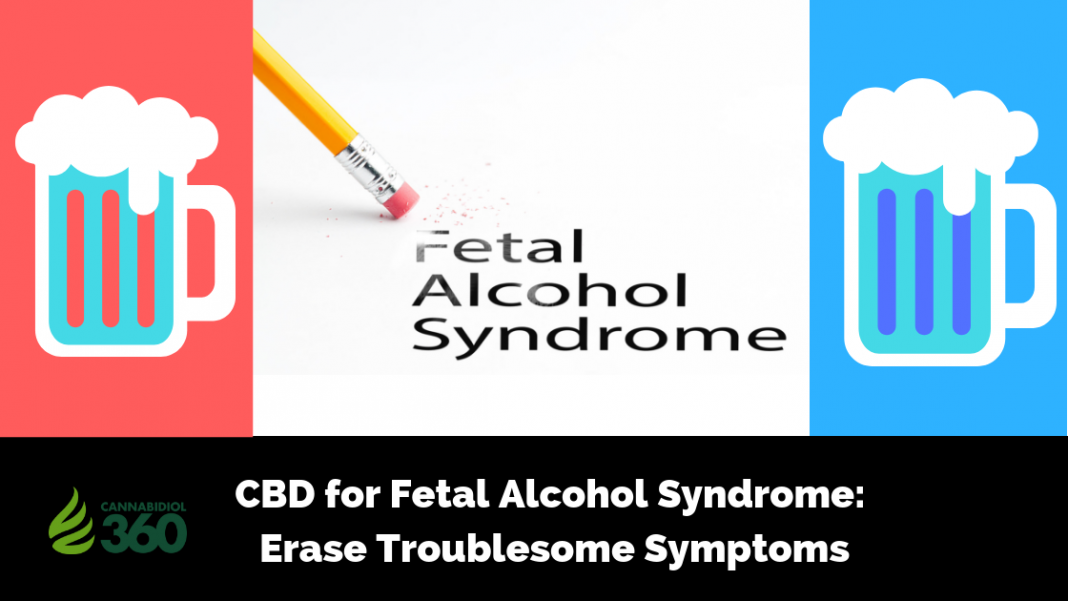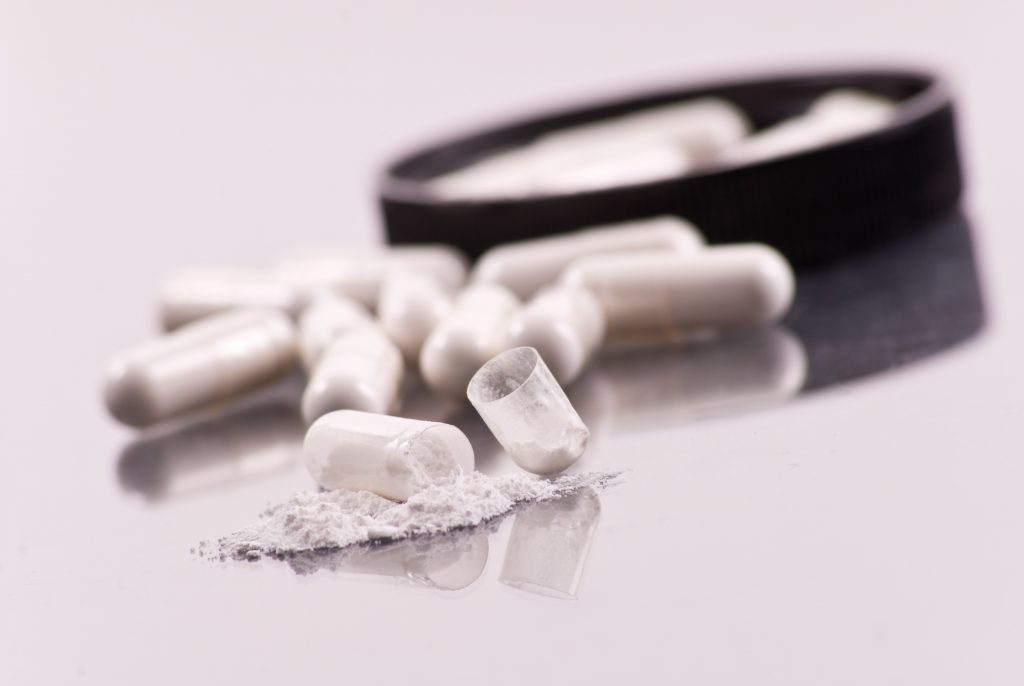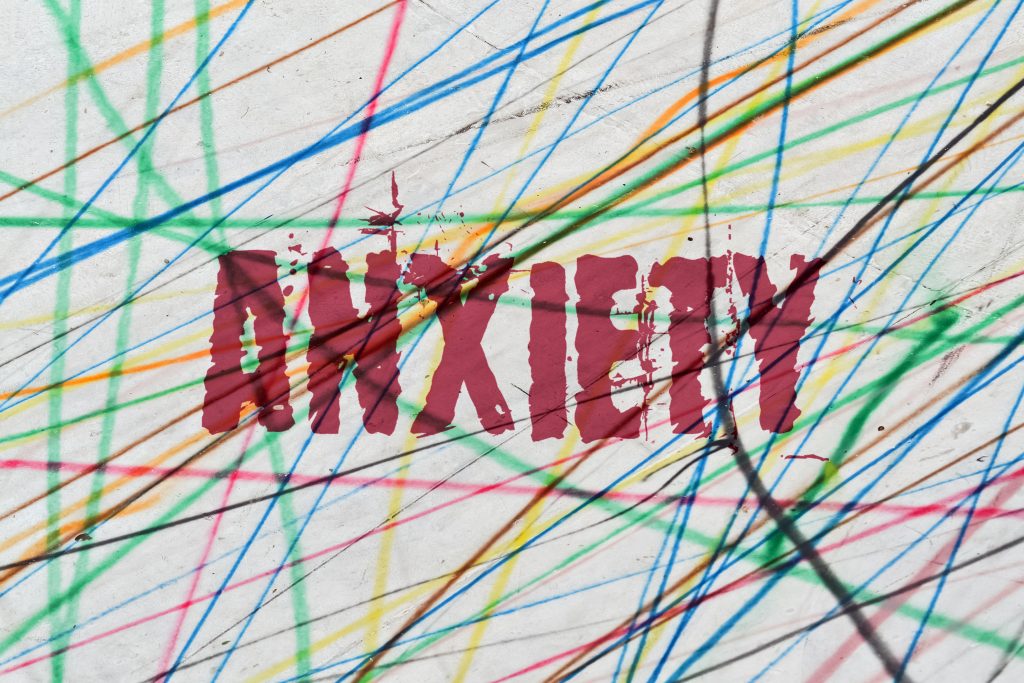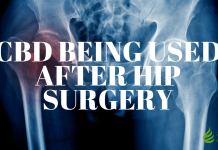
Pregnancy is a delicate time in a woman’s life. Unfortunately, sometimes one might not realize they are pregnant and they carry on with life as usual. It could also be that the mother is a bit of a dysfunctional person and therefore just ignores the directive to stay sober during pregnancy. The point is, pregnant women sometimes drink.
In fact, about ten percent of pregnant women have confessed to having consumed alcohol during their pregnancy. One in five children born to that ten percent develops FASD.
FASD stands for Fetal Alcohol Spectrum Disorder. It is a group of conditions that occur in a person whose mother consumed alcohol while they were pregnant. Research has shown that the more a pregnant woman drinks the higher the chance of FASD. Although, the same studies have unraveled some cases where alcohol consumption was minimal but FASD still developed.
Drinking four or more standard drinks poses a risk. Earlier in the pregnancy, say the first trimester, two drinks is all it takes. FASD is not curable, however effects and symptoms can be managed with treatment. The outcome can be modified with the right kind of therapy both with pharmaceuticals and other approaches.
How Does Fetus Get Passed?
A portion of everything a mother consumes is directed to the baby because the mother is a lifeline. So, when alcohol enters the baby’s blood stream through the placenta the fetal liver cannot detox properly, as it is still developing. This means that there is less antioxidant protection in this case. This fact causes an oxygen and nutritional deficit in the child thus development of a host of issues.
Fetal Alcohol Syndrome is the most common FASD. Others revolve around neurodevelopmental disorders and birth defects. A few of the early signs of FAS are low birth weight and facial malformation. The face will likely have flat cheek bones and a smooth area between nose and upper li as opposed to the fold. In adulthood, the child is likely to develop alcohol dependency.
Effect on Central Nervous System
The Central Nervous System coordinates all physiological activity, so when a glitch occurs in the CNS, everything else is thrown into shambles. In the first trimester, the baby’s brain cells are developing. When alcohol is introduced into their system at this point, it breaches the blood brain barrier. It then proceeds to interfere with migration and organization of the brain cells. The baby will then carry structural deformities and deficits within brain.
In the third trimester, most women figure the baby is already well developed so a pint would not hurt, this is a grave mistake. At this point, the hippocampus is at risk of damage from alcohol, this is an area of the brain where memory, learning, and emotion are manufactured and managed.
In a collaboration between the Institute for Psychiatric Research and New York State Psychiatric Institute, scientists looked into the effect of alcohol and how it influences brain development in mice. The results were published in 2013 in the Journal of Neuroscience. The seven day old mice were administered with an ethanol binge. This was comparable to third trimester drinking.
The mice were found to have deficits in synaptic plasticity. There was also significant neurodegeneration. The researchers went a step further and blocked CB1 with antagonists and genetic engineering. They found that this prevented neurodegeneration and the long lasting deficits.
Fetal Alcohol Syndrome can sometimes be fatal, In 1977, an infant died ten days after birth. It was revealed that the cause was abnormal neuronal migration and a weak connection between the brain hemispheres. Low intelligence and poor coordination would have been carried into adulthood.
Birth Defects
One of the most common birth defects caused by gestational drinking is septal defects. There are two types of septal defects, Atrial septal defect is also called hole in the heart. It is a situation whereby the wall separating the atria does not exist. Then there is ventricular septal defect, where there is an opening in the wall separating the right and left ventricles.
Ventricular septal defects that go unattended may cause fatality in infants and children. This is because the left ventricle is tasked with pumping blood into the right in addition to the rest of the body. That kind of pressure on the heart is incredibly damaging. The baby may also develop a heart murmur. This is a swishing sound mixed in with the heart beat caused by an abnormal flow of blood.
From the 2013 study mentioned above, it is clear that the endocannabinoid system is a viable therapeutic avenue for FASD. It is significant to the severity of outcomes of FASD. Through the endocannabinoid system, CBD can be used to improve outcome of FASD and manage some of the side effects. CBD mechanism gives the person a chance to be functional. It gives users a chance to unshackle from the sins of their mothers.
Anti-Depressants for FASD Irritability

FASD patients suffer from depression and irritability. For this reason, antidepressants are included in the treatment course. These symptoms are caused be a deficiency of catecholamine. One of the major catecholamines is dopamine. CBD reacts with the dopamine producing mechanism to ensure irritability and depression is decreased.
In children, CBD would be helpful in curbing those little outbursts and tantrums caused by the FASD. It would make it easier for the children to interact well with other children and experience regular childhoods. Ensure to pick a pure CBD product for use on a child though. Be careful about administering to children. As always, it I always a good idea to consult with your child’s doctor before hand.
Stimulants for Focus
Focus and attention deficits are common in FASD patients, making it very difficult for children to earn in school. Even things like potty training become a little difficult when the child has trouble focusing and a low intelligence.
Another possible aspect of the treatment course would therefore be stimulants. CBD has been found to possess properties that increase focus, this allows children to then have an easier time at school. CBD will help repair the pathways that are responsible for focus. As this is major point of concern for FASD kids, CBD would successfully get that out of the way and onto the road to better quality of life.
FASD Anxiety Disorders

Immense nervousness, anxieties and phobias are other issues that can come with FASD. These are cased by chemical imbalances in the brain. Coupled with depression and irritability, they can make for a very unhinged individual.
CBD manipulates anandamide action to correct this issue. It is able to clear the chemical imbalance so that patients can function with a clear head devoid of all the fears and anxiety. A person with FASD would be especially anxious in public due to their slight craniofacial dysmorphism. Studies have been conducted to prove this hypothesis. CBD was administered to people who experienced anxiety before public appearances. They were found to have an easier time delivering their speeches and were comfortable in public.












